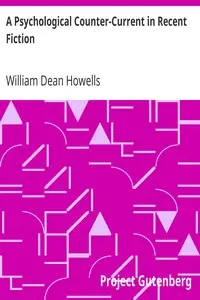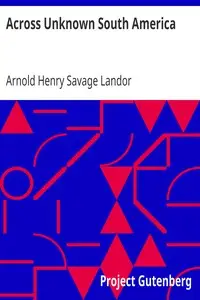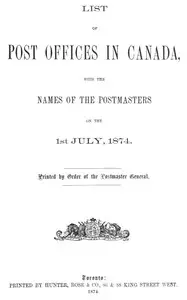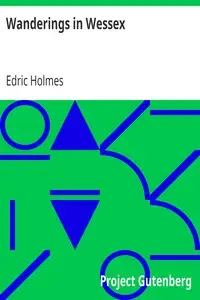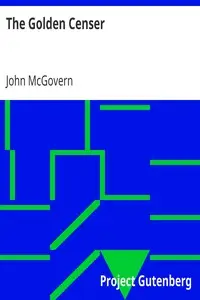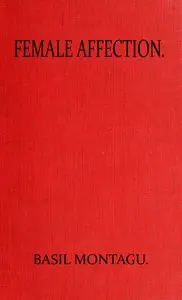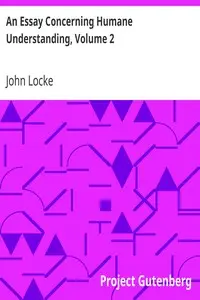"A Critical History of Greek Philosophy" by W. T. Stace is a comprehensive examination of the foundational ideas of Greek philosophy written in the early 20th century. This analytical work explores the origins and developments of philosophical thought in ancient Greece, making it a suitable reading for both general readers and those interested in philosophy. Stace aims to elucidate complex philosophical concepts while linking them to the historical evolution of thought, providing insights into how these ideas shaped future philosophies. The opening of the book sets the stage for an exploration of Greek philosophy, beginning with an inquiry into the nature of philosophy itself. Stace discusses the difficulties in defining philosophy and emphasizes its overarching aim to understand the universe as a whole, as opposed to specialized scientific disciplines. He highlights the importance of asking fundamental questions, detailing how Greek philosophers attempted to explain the cosmos without reliance on myth or superstition. This section serves not just as an introduction to the subject matter of Greek philosophy, but also establishes Stace's objective to connect the historical significance of these philosophical ideas with their lasting relevance in today’s intellectual landscape. (This is an automatically generated summary.)
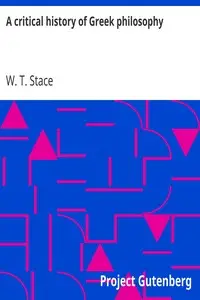
A critical history of Greek philosophy
By W. T. (Walter Terence) Stace
"A Critical History of Greek Philosophy" by W. T. Stace is a comprehensive examination of the foundational ideas of Greek philosophy written in the ea...
Walter Terence Stace was a British civil servant, educator, public philosopher and epistemologist, who wrote on Hegel, mysticism, and moral relativism. He worked with the Ceylon Civil Service from 1910 to 1932, and from 1932 to 1955 he was employed by Princeton University in the Department of Philosophy. He is most renowned for his work in the philosophy of mysticism, and for books like Mysticism and Philosophy (1960) and Teachings of the Mystics (1960). These works have been influential in the study of mysticism, but they have also been severely criticised for their lack of methodological rigor and their perennialist pre-assumptions.


